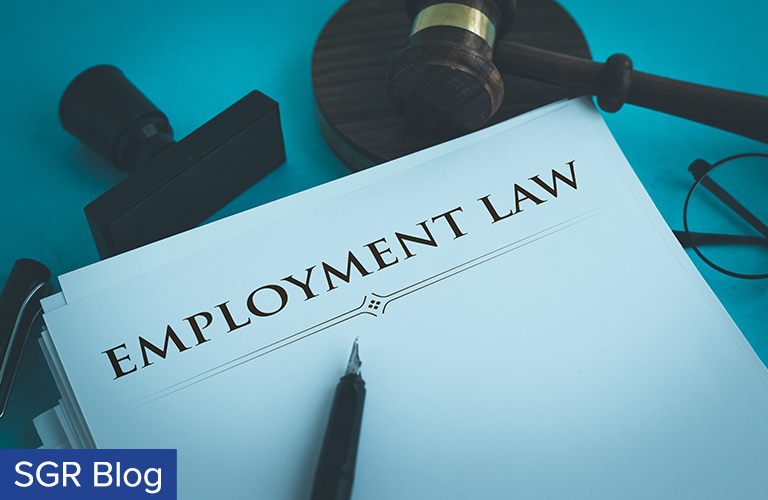
We have received a number of COVID-19 related inquiries from cooperative and condominium boards asking about how to deal with annual shareholder and unit owner meetings that their bylaws state should be held in the next few months. There are a number of options: The simplest, most straightforward option is to postpone holding the meeting until conditions improve and “social distancing” is no longer an issue. The NY Business Corporation Law contemplates that a corporation may fail to hold an annual meeting when required under its bylaws, and provides that, except in very special circumstances, doing so is without consequence…. Read more




